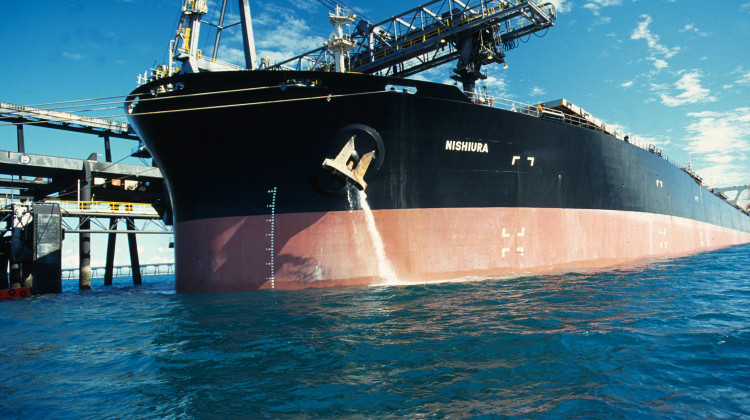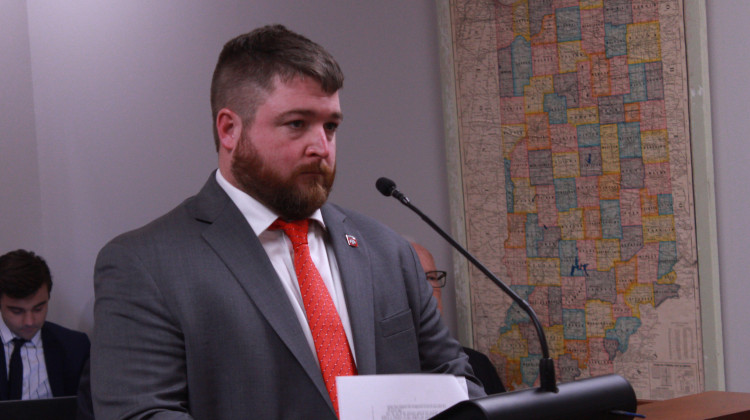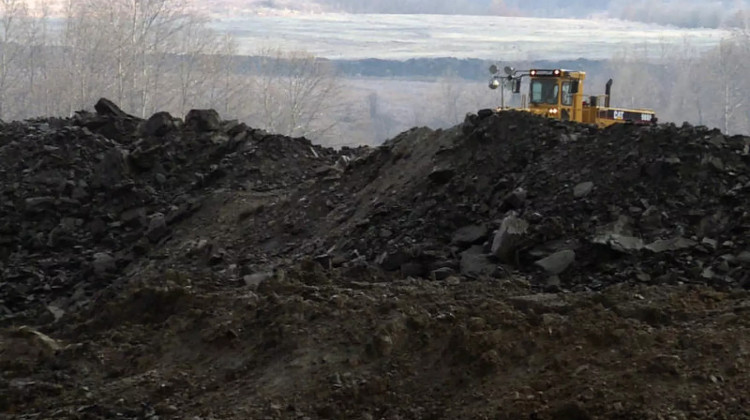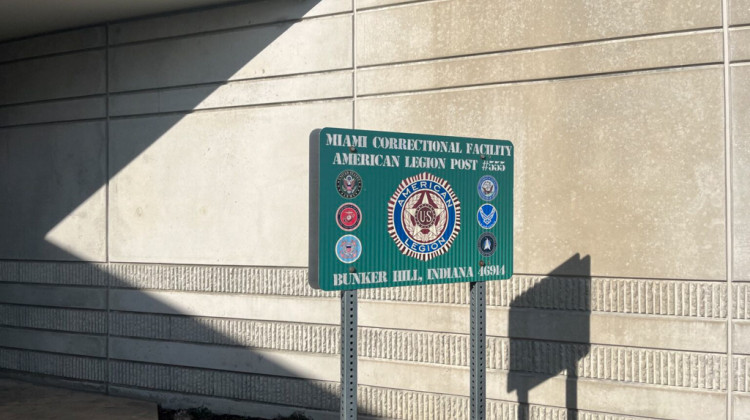Both environmentalists and the Great Lakes shipping industry have found something to like in a recently passed U.S. Senate bill regulating ballast water. That’s water released from ships to help keep them stable.
Ballast water is sometimes blamed for introducing invasive species into new waterways — like the zebra mussel, which has cost the Great Lakes region billions of dollars.
Molly Flanagan is with the environmental group the Alliance for the Great Lakes. She says zebra mussels have also hurt native species because they filter out helpful nutrients.
“A lot of people who boat or swim in Lake Michigan have noticed just how clear the water is. That’s actually not a sign of how clean the water is, what it means is that there isn’t a lot of life,” Flanagan says.
Flanagan says she’s glad the bill would put ballast water in the hands of the Environmental Protection Agency and the Clean Water Act, instead of the Coast Guard like the shipping industry wanted.
However, the bill would also bar states from setting stricter rules than federal ones — including Indiana.
“That is one thing that we regret is the states’ authority and the loss of the ability of states to set stronger standards to protect their waters,” Flanagan says.
Jim Weakley is president of the Lake Carriers’ Association that represents Great Lakes cargo ships. He says ship operators were having a hard time following regulations for 26 different states.
“Could put you in the awkward position of having to comply with one state and being out of compliance with another state or federal requirement,” Weakley says.
There's a caveat though. Under the bill, Great Lakes states would be able to come together and form regional regualtions for ballast water. Flanagan says such regulations would require the cooperation of at least five Great Lakes states. Unless those regulations changed what technology had to be present on cargo ships, then it would require eight states to agree.
The bill would be part of the larger Coast Guard Authorization Act of 2017. Weakley says he's also glad to see that the act would include a second vessel to help break up ice on the Great Lakes and that more efforts would go toward oil spill response.
The Senate bill now moves on to the House for consideration.
READ MORE: State Bans Sale Of Two Aquatic Invasive Species
Indiana Environmental reporting is supported by the Environmental Resilience Institute, an Indiana University Grand Challenge project developing Indiana-specific projections and informed responses to problems of environmental change.
 DONATE
DONATE







 Support WFYI. We can't do it without you.
Support WFYI. We can't do it without you.